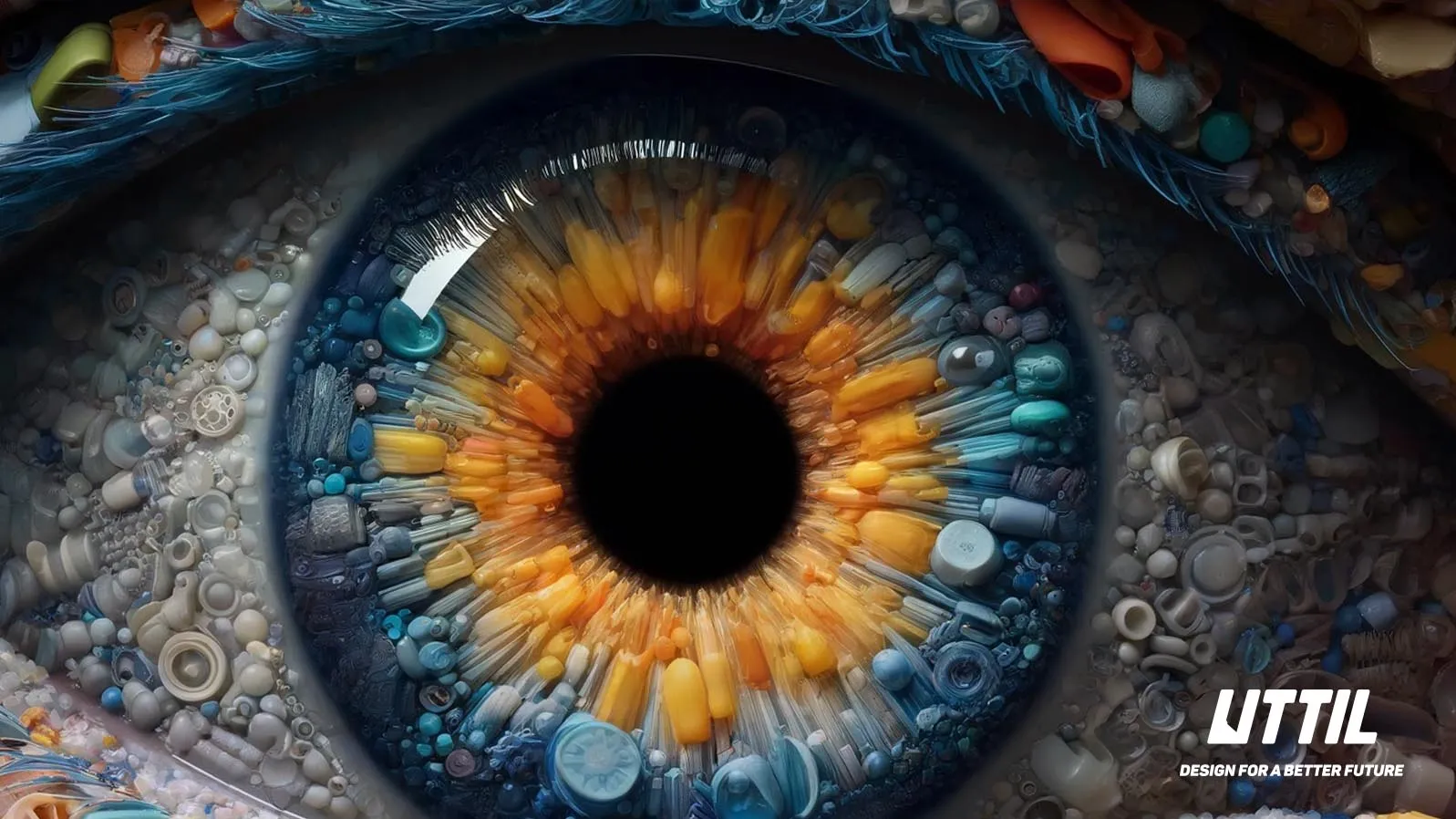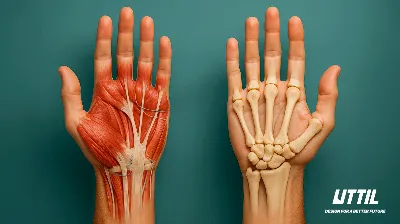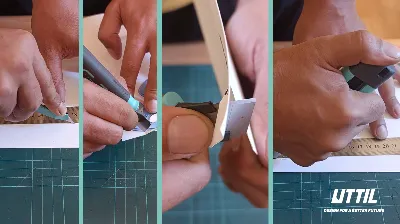New Frontiers in Plastic Recycling and UTTIL's Commitment to Environmental Management
As the
global community becomes increasingly aware of the environmental impact of
plastic waste, the search for more efficient and less harmful recycling
technologies has become even more urgent. This article examines the latest
developments in plastics recycling, assesses the environmental risks associated
with conventional recycling facilities, and outlines how UTTIL is leading the
way regarding ecological responsibility in the industry.
The Cutting Edge of Plastic Recycling Technologies
The
limitations of conventional mechanical recycling, where plastics are melted
down to form new materials, have spurred innovation in chemical recycling
technologies. These exciting emerging methods aim to break down plastics to
their molecular level, offering the potential for infinite recyclability
without degrading quality and providing a hopeful future for plastic recycling.
Pyrolysis: This process involves heating
plastics without oxygen to break them down into synthetic crude oil, which can
then be used to produce new plastics or as an alternative fuel source.
Enzymatic Recycling: Researchers have engineered
enzymes capable of breaking down PET plastics into their original monomers,
which can then be reused to manufacture new, virgin PET plastics.
Solvent-Based Purification: This
method dissolves plastic waste in solvents, enabling the extraction and
purification of polymers, which can be reused in high-quality applications.
Environmental Concerns of Recycling Facilities
Despite
the promise of these technologies, traditional recycling facilities, especially
those relying on mechanical processes, pose significant environmental risks.
The emissions from melting plastics contribute to air pollution, and using
water in cleaning processes can contaminate water. Moreover, the residues and
non-recyclable fractions often end up in landfills, negating the benefits of
recycling.
Chemical
recycling, while innovative, has an environmental footprint. Processes like pyrolysis, which consumes a lot of energy, and solvent-based purification use potentially hazardous chemicals, raising concerns about their
sustainability and safety.
What Happens To What Cannot Be Recycled?
The most
daunting challenge in plastic recycling is the intricate nature of plastic
types and chemical compositions. Even plastics of the same quality can create
different chemical compositions and mechanical values when mixed with
colourants and additives. This complexity makes it nearly impossible to sort
plastics for recycling, which demands high-tech and costly
investments. Furthermore, these sorting processes pose significant
environmental hazards. The plastic recycling rate remains alarmingly low even in countries with the most advanced sorting technologies, such as Germany. Germany, with its existing high technologies and consumer education, can
only collect 55 per cent of its plastic waste for recycling and convert about
35 per cent of it into usable products. The rest is incinerated as waste.
Almost all disposable packaging waste is non-recyclable due to food and oils, prints, metalised coatings, compositing materials with paper, plastic and metal sheets, etc. Moreover, recyclable products such as paper are prevented from recycling through plastic surface coatings or composite applications such as
beverage boxes.
Clear
restrictions and regulations on single-use packaging plastics and disposable
products should be introduced. In particular, packaging used to transport
liquids should be banned immediately, and the use of plastic-coated paper
should be prevented.
Another
serious plastic pollution source is the textile/fashion sector; synthetic yarns (nylons, polyesters, and various elastomers used instead of rubber) used here damage nature by scattering micro/nano plastic particles in every wash
and entering the human body through the skin.
Plastics
used in maritime transport and fishing are significant contributors to the rapid and
intensive pollution of our seas and oceans, posing a grave threat to underwater
life. The current international regulations regarding this situation are inadequate, underscoring the urgent need for global action. This is
not just an environmental issue but a collective
UTTIL's Approach to Sustainable Recycling
In
response to these challenges, UTTIL is at the forefront of integrating
environmental responsibility into every facet of its operations. Recognising
that the solution to plastic pollution is multifaceted, UTTIL has
adopted a holistic approach:
Material Innovation: UTTIL invests in
research and development to create durable products from bio-based
materials, reducing reliance on virgin plastics.
Partnerships for Advanced Recycling: Understanding the limitations of traditional recycling, UTTIL partners with
innovators in chemical recycling to ensure their products are compatible with
the most advanced recycling technologies, aiming for a truly circular economy.
Consumer Education: UTTIL is committed to
educating consumers about proper disposal and recycling practices, empowering
them to be part of the solution.
Reducing Production Waste: UTTIL minimises production waste by optimising manufacturing processes and
ensuring that scrap materials are recycled back into the production cycle or
responsibly disposed of.
Environmental Advocacy: In addition to its
operational practices, UTTIL advocates for policy changes and industry
standards that promote sustainability and environmental stewardship.
The
journey towards sustainable plastic recycling is complex, requiring
technological innovation and a fundamental shift in how we produce, use, and
dispose of plastics. While the latest recycling technologies offer promising
paths forward, their environmental impact must be carefully managed.![]()
![]()
UTTIL is an excellent example of a
company proactively taking environmental responsibility. They are
achieving this by innovating their materials and advocating for systemic
change. This approach shows how companies can lead by example and help
transition towards a more sustainable and less polluting recycling industry. UTTIL
is prioritising the planet by embracing innovation. By doing so, they are
helping to pave the way for a future where recycling contributes to the health
of our environment rather than its detriment.








